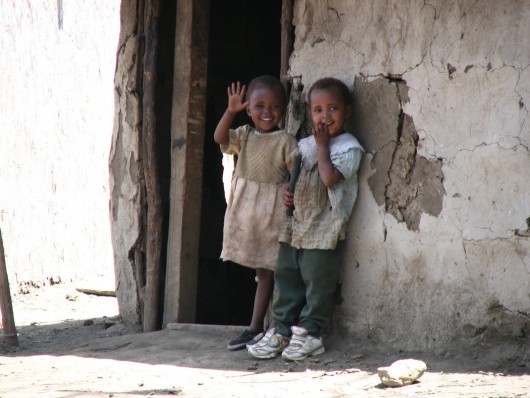Community health, chai, ugali, butchery, ride-along, potholes, mud, fog, “wimwega!”. Just a glimpse into my Kenyan experience this week. Somehow this week is already over and I’m not too sure how that happened. I’ve had a bit more of a consistence as I was with the “Newborn Community Health Project” most of the week. A brilliant project that started two years ago in hopes to decrease unnecessary death and problems in the newborns in the rural areas around Kijabe. Just listen to this mission statement: “With God’s help to reduce neonatal mortality and morbidity through dissemination of knowledge and other health care intervention in the community around Kijabe hospital by promoting healthy pregnancy, safe delivery, and immediate care of the newborn.” Bam! The most brilliant part about this project is that it uses resources the communities already have and seeks to give them the power they need to take their health into their own hands aka. education. Health education is the key and it is aimed at pregnant and new mothers in order that they have a greater chance of healthy pregnancies and healthy babies.
So out to the rural areas we went! And I thought Kijabe was cold. Just about a half hour up the road, in the Mukeo area, we went, networking with the “Community Health Facilitators” (women in the community that lead and facilitate groups of women and who also serve as a contact point for the community nurses of Kijabe whom I was with) and doing home visits. One day the fog was so thick and the air so crisp, I’m pretty sure it could have snowed. Ok, ok, maybe not, but somehow the air is just cold at 2500 meters above sea level no matter how close you are to the equator.
So, over the course of the week we did a lot of driving from one house to the next, sludging through the mud and potholes. We checked in with the community health facilitators and made home visits at their referral. We saw a few newborn babies who had previously been very sick at Kijabe, a few pregnant mothers who had pressing concerns. We even visited the home of a girl, maybe five years old, who had been raped and was now taking post exposure prophylaxis treatment for HIV. That one was a little sobering…
In between these visits we would pop into a community group, which may be based out of a church or just the village itself, and do a short presentation on a health topic. I even got the chance to teach on how to prevent and recognized infections, especially in the newborn. Hopefully some of it got across amidst the translation. Really it was a joint effort, me and Bertha, (one of the project workers) because I would say a few points in English, and she would translate it into Swahili, which ended up being her talking for about five minutes!! I think she did more teaching than I did!! At any rate, I’m assuming health information got across in one language or the other.
Ok, side note. Let me tell you about my cultural experience of the week. I somehow ended up at a funeral. Most of the time I have no idea where we are going or what we are doing partly due to the fact that the staff is speaking Kikuyu amongst each other and partly because I’m just new. So there we are, driving in a car and we drive into this yard that is packed with people. I’m talking about maybe 200 people. We drive smack into the middle and get out with everyone staring, all the while, the pastor is giving some sort of speech to all 200 sitting around the yard. And yes, I’m quite aware that I’m the only white face in the crowd and I have no idea who has just died!!! Somehow, all went well. The lady who had died was the mother of one of the Community Health Facilitators, so our team went to show support. We were escorted to the back to sit and we finished out the service there, listening to the pastor and singing some lively drummed songs.
Ok double side note, can I just take a time out to address food in Kenya? Maybe you could call it my food regimen because it seems like wherever I go the Kenyans just want to feed me! I know it’s polite to take what is offered because it’s more about the gathering together instead of the actual food. I think I’m averaging about three cups of chai per day and every time I go out with the car with at team we usually stop at a cafe, um I mean BUTCHERY to eat lunch. You enter in and the small room in front with glass windows is filled with animal carcasses hanging there. For example, Wednesday we were off with the newborn community health team by about 10, but halfway out they stopped and said, “we must take some tea now”. So in we go to drink some chai but I am also required to eat a “chapati”; basically a thick fried tortilla-like pancake. Then the next two house visits we did, they made us sit down and drink another cup of chai!!! Sometime later, someone gave us some roasted corn to munch on, then finally when the day was done we stopped at the butchery “to take lunch”. This meal was meat stew (I mean meat, fat, gristle, and bone stew), ugali (the starch staple of Kenya, boiled maize meal), and cabbage dripping in grease from the cow. I think they are living up to Mrs. Muchendu’s request to take good care of me here…

